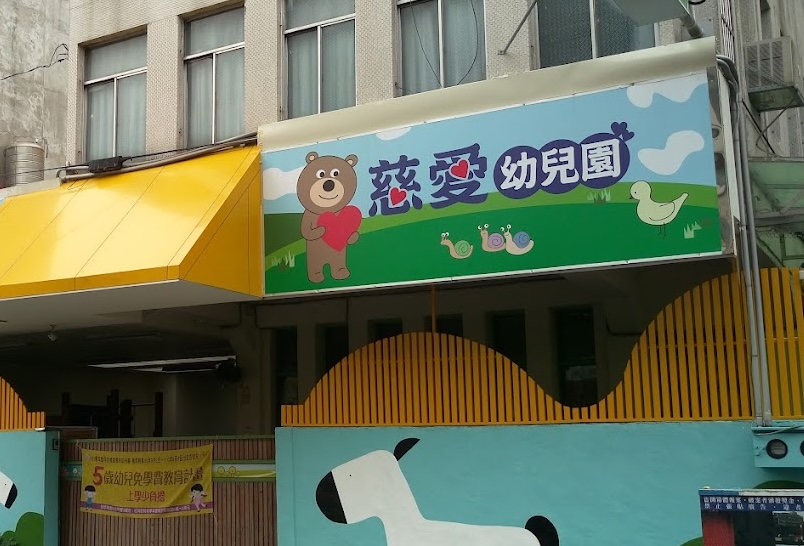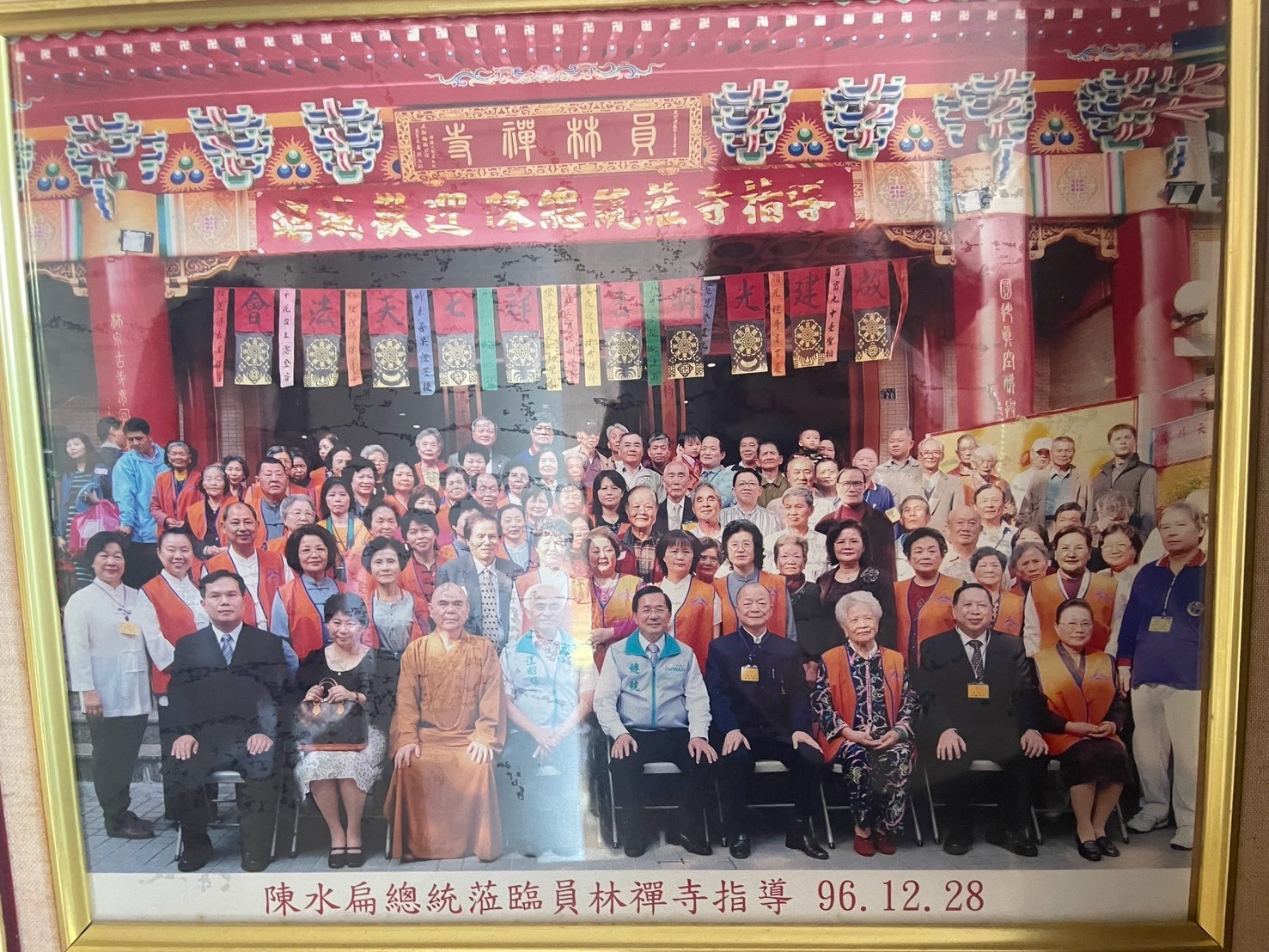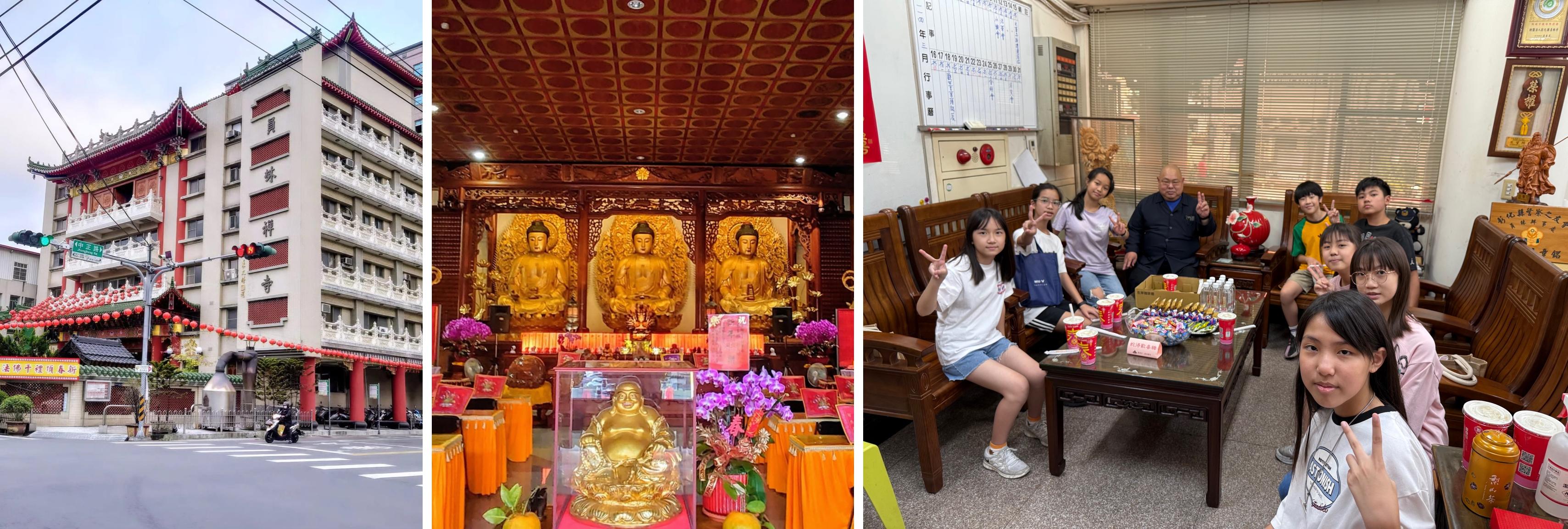Yuanlin Zen Temple holds a unique cultural position and influence in the local Changhua community and the broader Taiwanese Buddhist context. Firstly, the temple embodies the historical transition from Japanese Buddhism to localized Taiwanese Buddhism. Founded by the Japanese Sōtō order but led in the post-war era by Taiwanese clergy, Yuanlin Zen Temple is one of the few sites maintaining a direct Sōtō Zen lineage in Taiwan . This continuity of Japanese-Chinese Buddhist heritage imbues the temple with special cultural meaning: for instance, the central Huayan (Avataṃsaka) trio of deities enshrined since its inception reflects the emphasis of Japanese Buddhism on the Avataṃsaka Sutra, while the post-war leadership of Masters Zhu Shanguang and Zhu Wenke integrated the temple deeply into local society and Chinese Mahayana customs. Thus, the temple stands as a microcosm of Taiwan’s multi-faceted Buddhist development, blending Japanese Zen traditions with Taiwanese religious practice.
 Tender Love Kindergarten(Ci’ai nursery)
Tender Love Kindergarten(Ci’ai nursery)
Secondly, Yuanlin Zen Temple has long been active in Buddhist cultural outreach and education, amplifying its religious influence. In the 1950s, Master Shanguang’s founding of the Ci’ai nursery was among the earlier examples of a Taiwanese Buddhist institution engaging in early childhood education and social welfare . His establishment of Guanghua Temple in Taipei and the launch of a Buddhist Weekly publication indicate that the temple’s influence extended beyond its locale, contributing to the spread of Buddhism island-wide.
 President Chen Shui-bian visits Yuanlin Zen Temple
President Chen Shui-bian visits Yuanlin Zen Temple
 Tender Love Kindergarten(Ci’ai nursery)
Tender Love Kindergarten(Ci’ai nursery)
Secondly, Yuanlin Zen Temple has long been active in Buddhist cultural outreach and education, amplifying its religious influence. In the 1950s, Master Shanguang’s founding of the Ci’ai nursery was among the earlier examples of a Taiwanese Buddhist institution engaging in early childhood education and social welfare . His establishment of Guanghua Temple in Taipei and the launch of a Buddhist Weekly publication indicate that the temple’s influence extended beyond its locale, contributing to the spread of Buddhism island-wide.
 President Chen Shui-bian visits Yuanlin Zen Temple
President Chen Shui-bian visits Yuanlin Zen Temple





